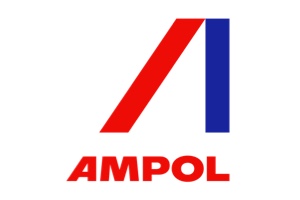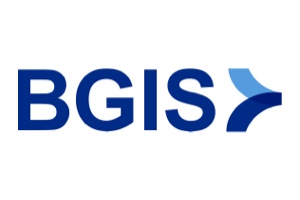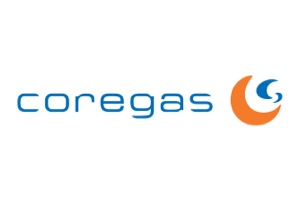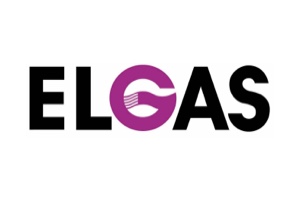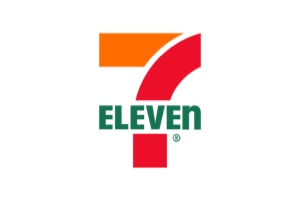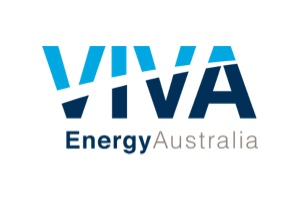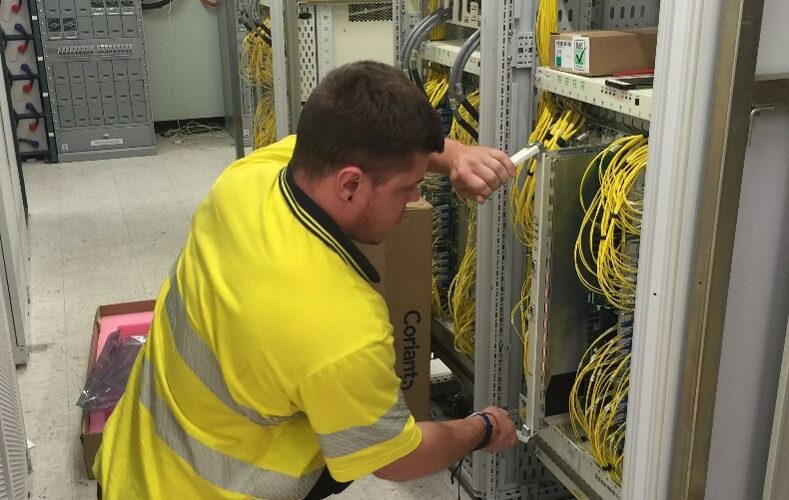EEHA inspections & Auditing
Town & Country Energy Solutions has over 30 years of Electrical experience and knowledge in the Petroleum & Commercial industry specialising in the field of
Electrical & Hazardous Area Electrical.
Don’t risk it! We know how to do it right!
Town & Country Energy Solutions has over 30 years of Electrical experience and knowledge in the Petroleum & Commercial industry specialising in the field of
Electrical & Hazardous Area Electrical.
Together with our skilled team of experienced electricians Hazardous Area Electrical is our speciality.
Electrical equipment located within explosive gas Hazardous areas are required to comply with the multiple Australian Codes and Standards and require the correct licensed personnel to do so. Given the inherent risk of ignition and explosion within Hazardous areas it is crucial that electrical equipment be properly selected, installed and maintained.
Town & Country Energy Solutions has over 30 years’ experience In electrical and Hazardous area installations. The skilled team of experienced electricians, inspectors and project co-ordinators can assist in all aspects of EEHA management including:
Ultimately the responsibility for managing this equipment rests with those in control of the installation.
Using a competent Hazardous Area Electrical Inspector will provide the owners or users of the plant with a condition assessment of the EEHA to ensure that it is maintained in a satisfactory condition.
Our competent inspectors can carry out the sufficient grade of inspection with minimal plant shut down and isolation. Regular inspections of EEHA is a preventative requirement as over time installed EEHA can degrade or become damaged.
Poor maintenance can compromise the equipment’s protection and introduce a source of ignition. The EEHA inspection intervals requirements are dependent on the equipment and installation type, this is where we can assist with correct EEHA management compliance.
See our Electrical ProjectsHazardous areas are classified based on the likelihood of the presence of explosive gas atmospheres. The classification determines the type of equipment required and the inspection schedule. The zones are:
Inspections are essential to ensure the safety and functionality of equipment in hazardous areas. There are three main grades of inspections:
For equipment to be used in hazardous areas, it must meet:
Verification Dossier: A verification dossier must be up-to-date with all inspection reports and compliance documentation. The duty holder must ensure this dossier is maintained and available on-site.
Town and Country Electrical Services (TCES) provides expertise in:
Every site with electrical equipment in hazardous areas requires a verification dossier. TCES can assist with maintaining this dossier and coordinating hazardous area zone classifications and Equipment Protection Level (EPL) requirements.
For more information or assistance with managing EEHA requirements, Town and Country Electrical Services is available to help with your needs.
With the expansion of renewable fuels and evolving vehicle technology improvements we are also looking to expand our Electrical services into installation and maintenance of Electrical Vehicle Charging stations.
To register your interest in EV chargers Installation, maintenance and management please lodge your enquiry here:
"*" indicates required fields
